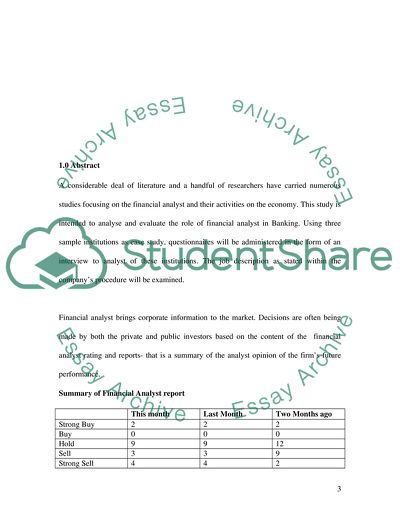Cite this document
(“The Role of Financial Analyst in Banking Research Proposal - 1”, n.d.)
The Role of Financial Analyst in Banking Research Proposal - 1. Retrieved from https://studentshare.org/finance-accounting/1711035-role-of-financial-analysts-in-banking
The Role of Financial Analyst in Banking Research Proposal - 1. Retrieved from https://studentshare.org/finance-accounting/1711035-role-of-financial-analysts-in-banking
(The Role of Financial Analyst in Banking Research Proposal - 1)
The Role of Financial Analyst in Banking Research Proposal - 1. https://studentshare.org/finance-accounting/1711035-role-of-financial-analysts-in-banking.
The Role of Financial Analyst in Banking Research Proposal - 1. https://studentshare.org/finance-accounting/1711035-role-of-financial-analysts-in-banking.
“The Role of Financial Analyst in Banking Research Proposal - 1”, n.d. https://studentshare.org/finance-accounting/1711035-role-of-financial-analysts-in-banking.


